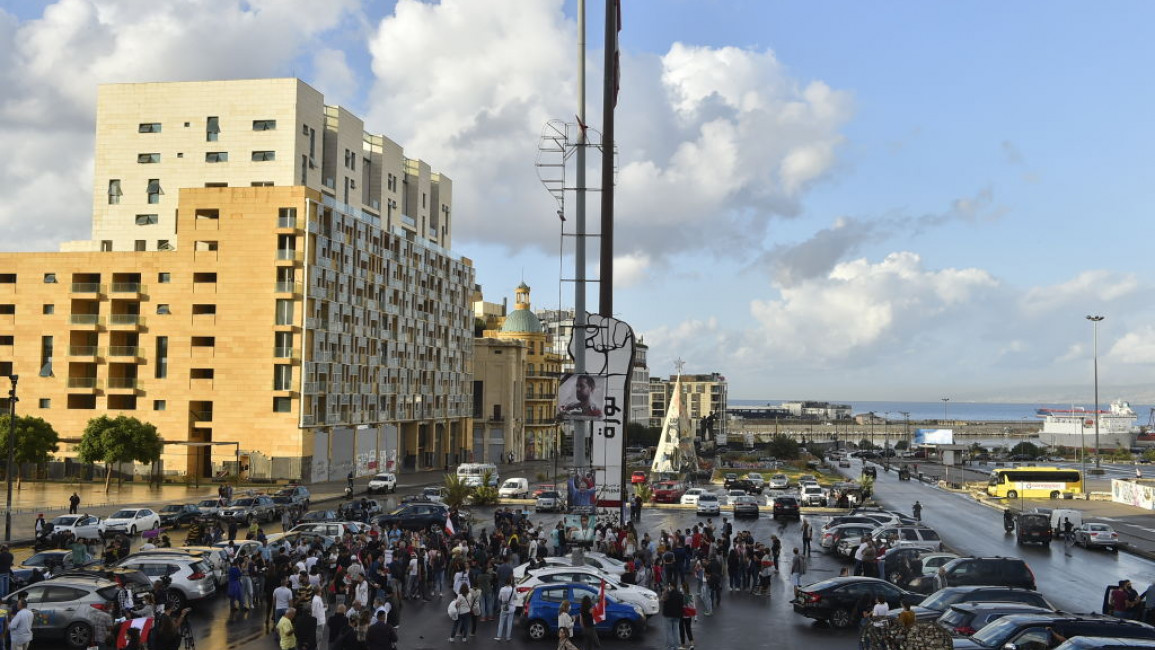Economic meltdown forced 230,000 Lebanese to flee from January to April: NGO head
Crisis-plagued Lebanon saw approximately 230,000 of its nationals quit the country from January to April 2021, a Lebanese non-profit said on Monday.
The country of 6.8 million people has faced an economic meltdown, political chaos, a lack of fuel and, most recently, shootings at a protest against Tarek Bitar, a judge investigating 2020's fatal Beirut port explosion.
Christian employment group Labora head Tony Khadra told Voice of Lebanon radio confessional issues were a key cause, according to Anadolu Agency.
He further explained: "Around 90 percent of Lebanese with foreign passports have left since September".
MENA geopolitical analyst and Lebanese activist Bachar El Halabi expressed his concern.
"Of course the numbers are really staggering, they're really high, and they're really worrying," he told The New Arab.
"To put it mildly to you, I don't think people are just emigrating, this is like a forced migration," he added.
"We know that the keys to the solution for the economic, political, fiscal – everything, social meltdown that the country is experiencing [are] in the hands of the same people that aggravated the situation and that led Lebanon to its demise."
El Halabi said "it's impossible" for those who wrecked the country's "system" to mend the situation, as they obstructed progress "to maintain their own interests in the system".
Worryingly, El Halabi believes that many of those leaving may not return.
"Today, the problem is that the people that are leaving, especially the ones that carry dual nationalities, they're leaving without the idea of coming back again.
"Unlike… during the civil war [1975–1990], when people knew that at some point the war is gonna end and then we're gonna buy into rebuilding our country, this time we know it might be a protracted paralysis… that's gonna take 10, 15 years and no one's willing to wait that long."
"The first million pages of the #PandoraLeaks were mostly about Lebanon," says @Joeshowalaraby.
— The New Arab (@The_NewArab) October 19, 2021
Indeed, Lebanon was the #1 Arab country when it came to the number of politicians implicated in the recent #PandoraPapers scandal. Oh, and Jordan.📽
Catch up: https://t.co/09pC4kDEhk pic.twitter.com/V9lse9ql97
This could prove devastating for the country, since, with the middle classes departing, only those at the top of the political and economic scale, and the impoverished people at the bottom will remain.
This means the powerful feel their position has improved amid the chaos because the poor are in a position of reliance on them, El Halabi explained.
"This means the prospects of real change… in the country are dwindling," the analyst said.
The New Arab has contacted Lebanon's interior ministry for comment.



